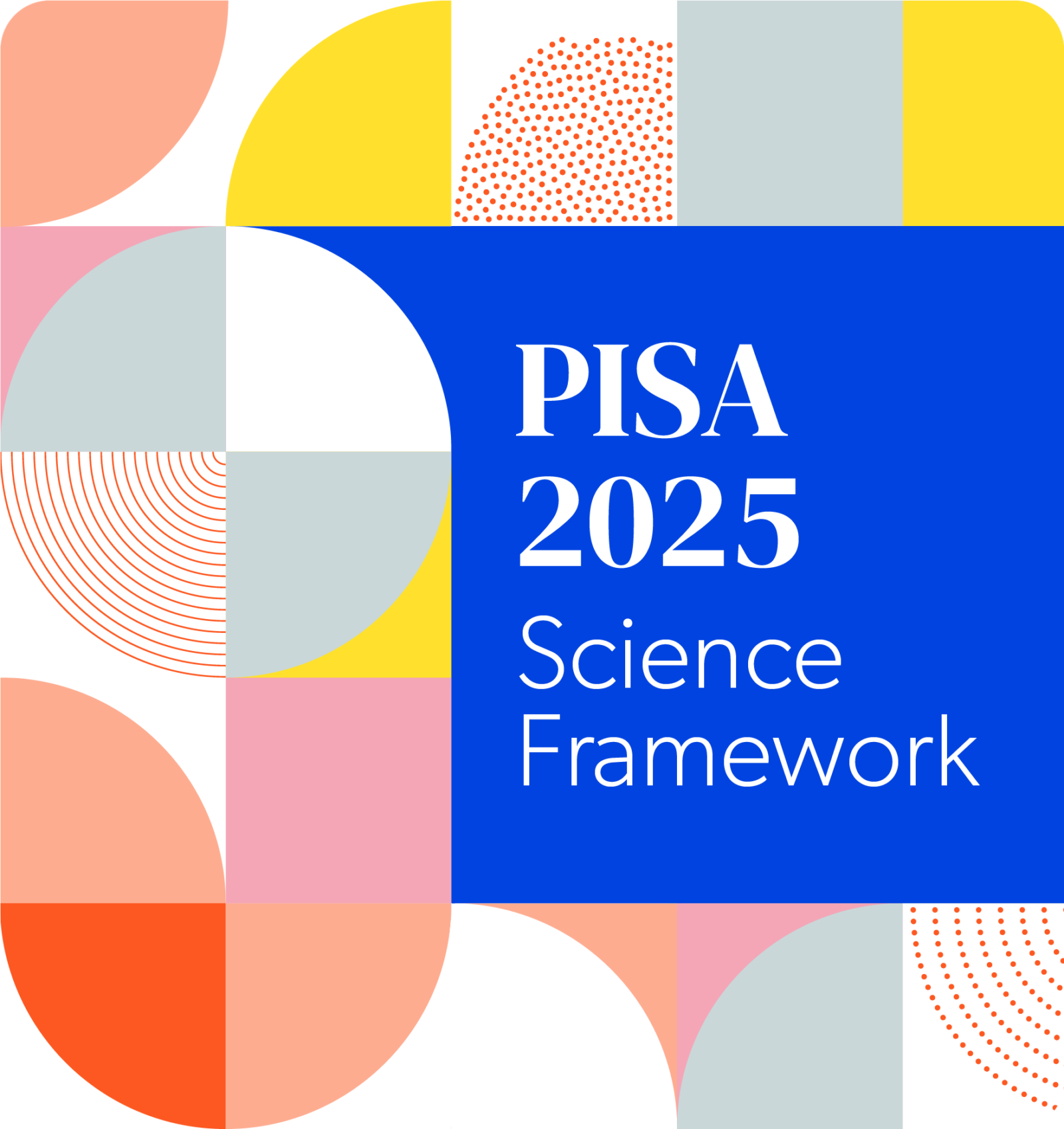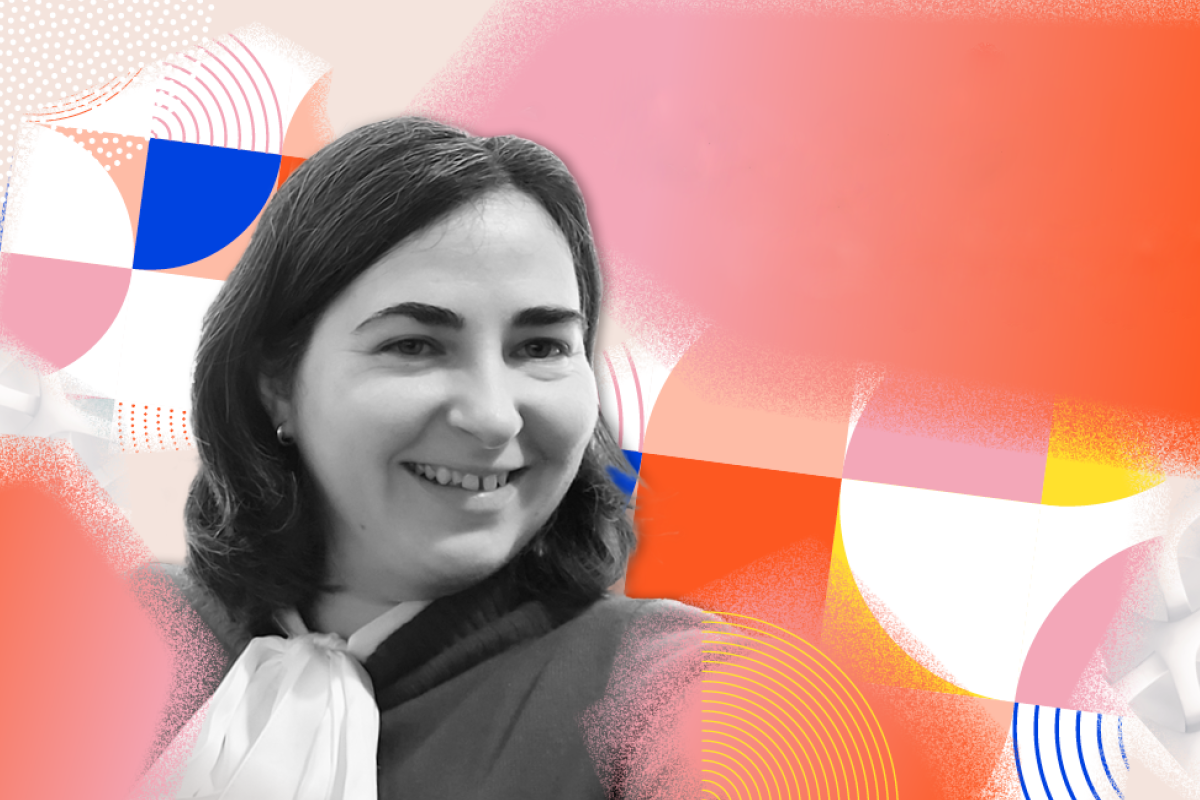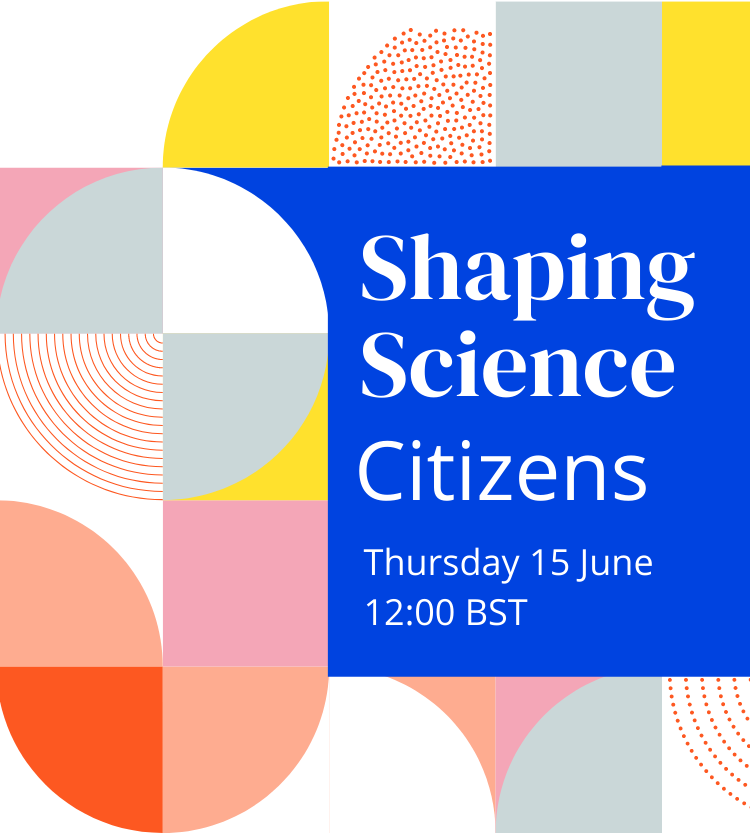Launching the new PISA 2025 Science Framework

What does the PISA 2025 Science Framework tell us about the future of science education?
The Organisation for Economic Co-operation and Development (OECD) and OUP held a virtual panel discussion to commemorate the launch of the revised Programme for International Student Assessment (PISA) 2025 Science Framework.
Learn from the expert panel:
Success in a world where “Google knows everything”
Andreas Schleicher, Director for Education and Skills at the OECD, explained the highlights of the Framework.
In a world where “Google knows everything,” success is about resilience and sustainability. The future of work will require skills to think critically, manage complex problems, and navigate ambiguity. Science education is key to enabling young people to thrive in the digital world, and helps distinguish scientific evidence from misinformation.
The possible impact of technological advances
Jonathan Osborne, Kamalachari Professor of Science Education, Emeritus at Stanford University and Chair of the Science Expert Group which helped inform the Framework shared his thoughts on the potential impact of AI on science education.
He warned that AI might confuse people into thinking that they are “masters of their own knowledge,” whereas “knowledge is quite different from information.” The primary goal of science is to achieve consensus while education should show how science is a “moral community” where all claims are cross-checked.
Education for sustainability
Peta J. White, Associate Professor in Science and Environmental Education at Deakin University, who led the work on the ‘Agency in the Anthropocene’ paper, the foundation for environmental education and education for sustainability in PISA.
The paper focuses on the concept of learners having agency in what is known as the ‘Anthropocene geological epoch’—where humans have a significant impact on the planet’s ecosystems. Peta called for “curriculum writers around the world to be bold and brave as they implement change in education systems and curricula…enabling us all to develop agency for better decision-making and action taking.”
Celebrating teachers
Katherine Blundell, Professor of Astrophysics at Oxford University and leader of the Global Jet Watch project, provided examples of how science education can help shape science citizens.
Science and astrophysics, can “give a perspective to the problems that we face on this planet. That context is everything for developing a firm and secure knowledge base for building those important foundations.” She celebrated teachers by acknowledging their responsibility “to share their knowledge, their skills, and their ability to learn new things with their students.”
Watch a recording of the event here.
In 2019, OUP began developing the PISA 2025 Science Framework with the OECD building on our extensive experience of producing science resources around the world, and research into the future of science education. Visit our Shaping Science Citizens site to read more about the Framework and OUP’s science education resources.



